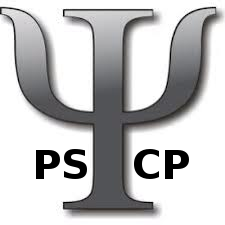Ethos
Psychoanalytic psychotherapy, conducted with individuals and groups, from infancy to adulthood, creates a context for engaging with and working through inner processes that affect our lives at individual, group and socio-cultural levels.
It is an ongoing process developed over time, with particular emphasis on the boundaries, and continuous structure, of the sessions. The aim of this ongoing process is to develop an understanding of the conscious and unconscious psychological dynamics of the client, both interpersonal and intrapsychic, that underlie all presenting issues.
This structured and confidential environment helps to foster the development of a therapeutic relationship, which provides containment of difficult feelings and emotions and where the client's unconscious internal conflicts may be explored and brought into consciousness.
Such an exploration also facilitates the emergence of accompanying anxieties and defences, which usually derive from patterns laid down in early childhood, and influence current life. It is this exploration of past emotional difficulties in the client, which tend to repeat themselves in the present, which is the core work of the psychoanalytic psychotherapist. A successful exploration promotes insight, a capacity for self-reflection, an ability to work through within the psychotherapist/client relationship, which leads to a more personal integration.
Furthermore, it is the exploration of these early defensive structures through the particular emphasis on understanding the transference and countertransference that helps to distinguish psychoanalytic psychotherapy from other therapeutic models.
Because of this particular emphasis, a cornerstone of psychoanalytic psychotherapy training is that all practitioners have to undertake an in depth personal analysis.

